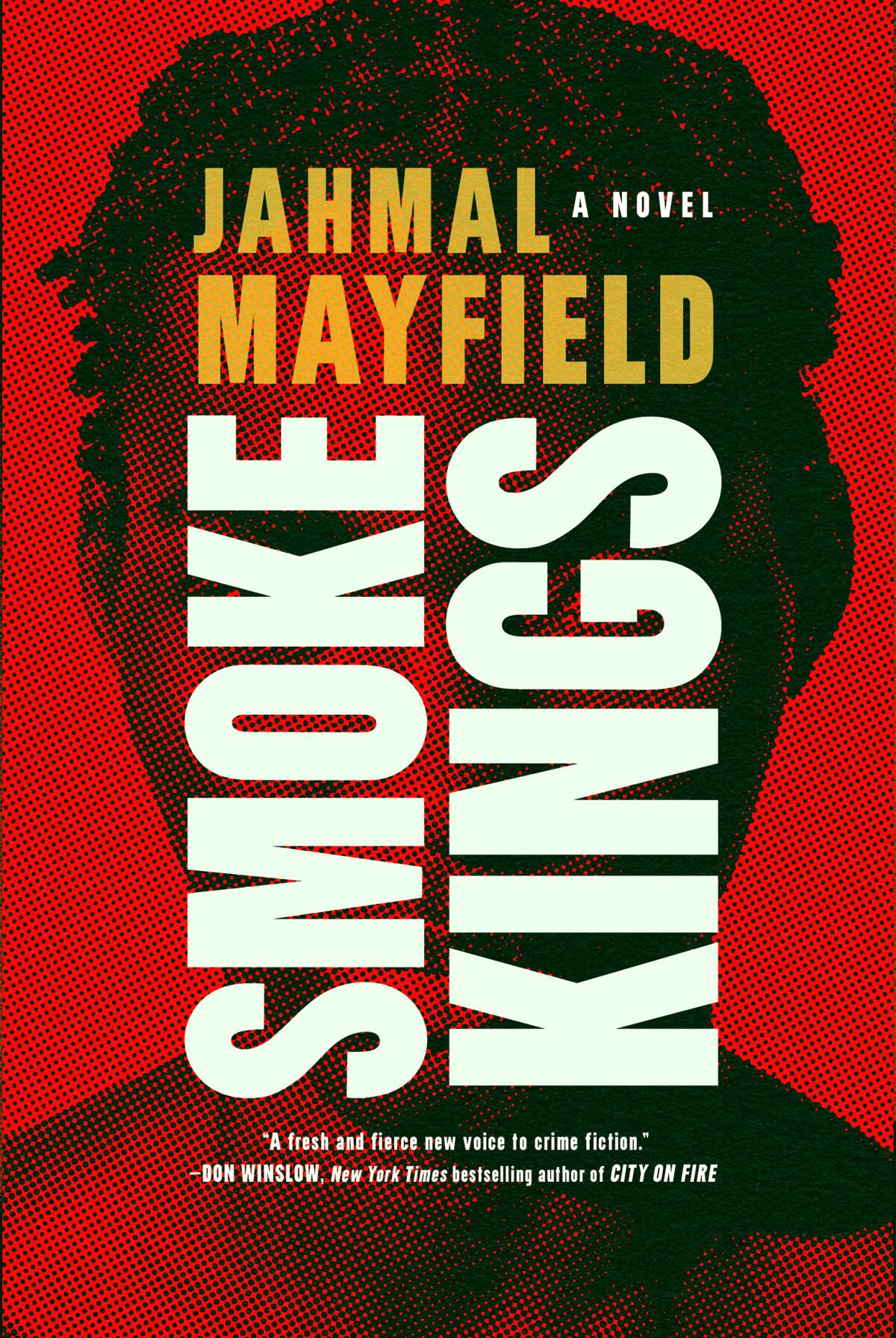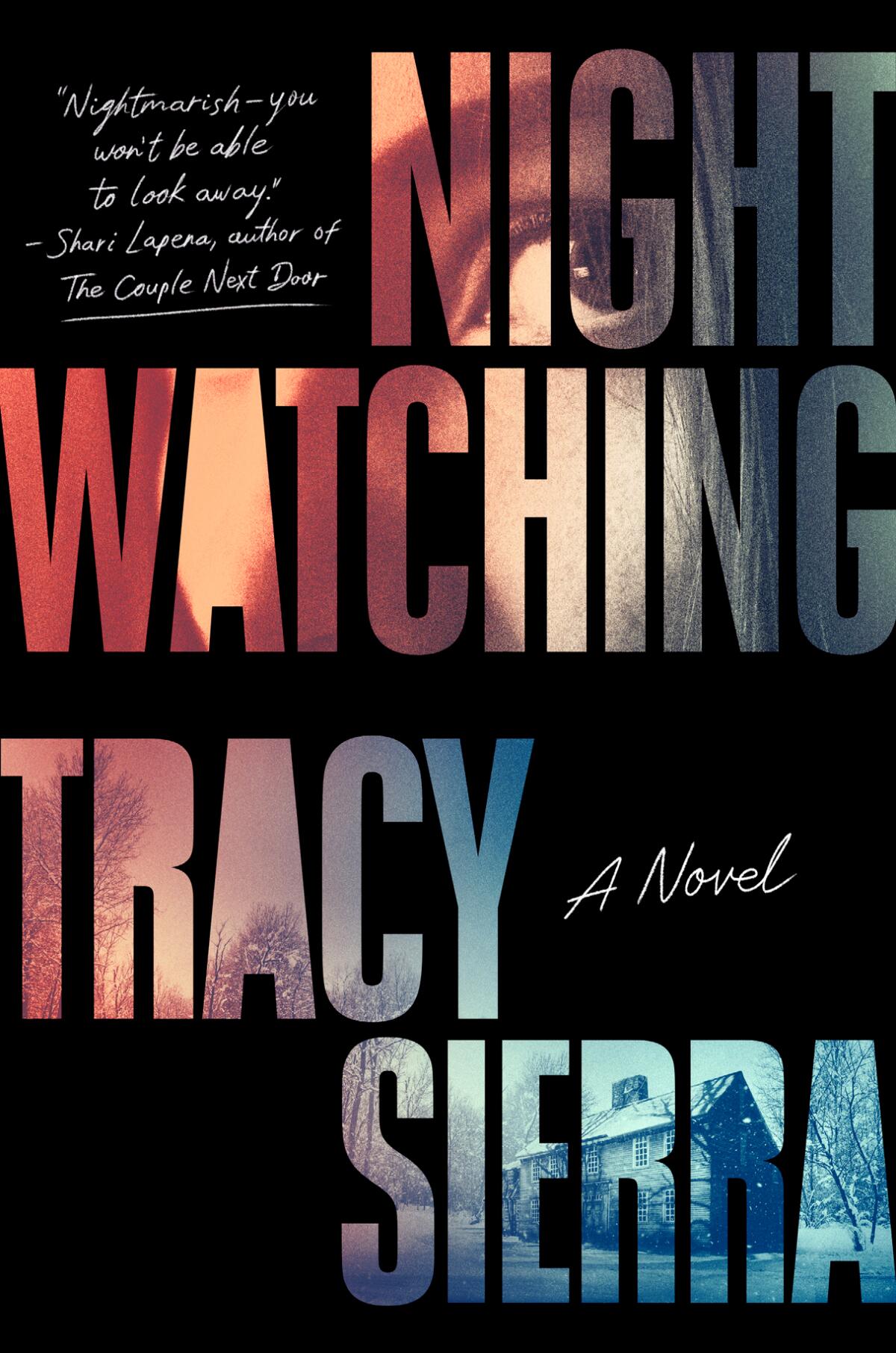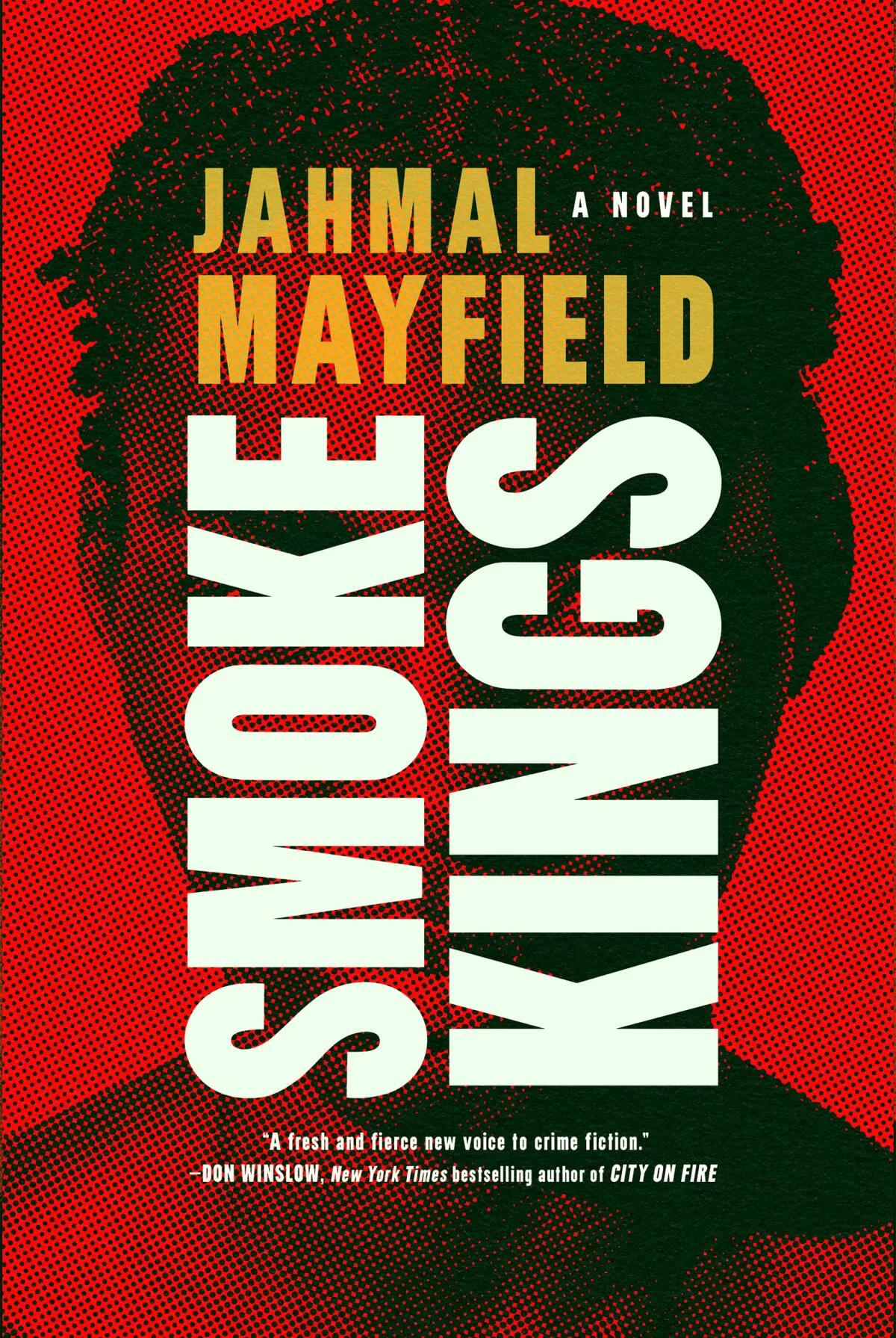Reading List
4 Blazing Debut Thrillers for Winter
If you buy books linked on our site, The Times may earn a commission from Bookshop.org, whose fees support independent bookstores.
This coming year will bring a slew of new mysteries from old hands. But before the onslaught, let’s take a moment to celebrate new authors, whose path to becoming published is fraught with more obstacles than one might imagine.
“Big Fiction,” a new chronicle of the publishing industry by Dan Sinykin, suggests this obstacle course has been the status quo since the mid-1980s: “Could marketers see a market?” Sinykin writes. “Could the publicists picture your face on TV? Your voice on the radio? Would it work in audio? On the big screen?” “Big Fiction” also touches on social media and the impact of streamers, who can sometimes snap up a book before publication. While this can result in some odd and questionable book projects designed to suck up the oxygen, there is still room for hardy newcomers like the four below: those whose talent exceeds their follower count — at least for now.

Smoke Kings
By Jahmal Mayfield
Melville House: 400 pages, $20
(Feb. 6)
Mayfield’s provocative debut is primarily set in 2019, against a backdrop of the murders of Trayvon Martin, Eric Garner and Philando Castile. New Jersey activist Nate Evers, along with three co-conspirators — his cousin Joshua Adams; friend Rachel, a fair-skinned Black woman; and Isiah, her Korean American fiancé — take action after the racially motivated murder of Joshua’s teenage brother. Evers’ plan is to kidnap descendants of the perpetrators of hate crimes and extract reparations for the victims’ kin.
All goes well for the Smoke Kings — their name taken from a W. E. B. DuBois poem— until one of their Montgomery, Ala., targets hires Mason Farmer, a retired white Birmingham police detective, to track them down and turn them over for some rough justice. Farmer has his own racial baggage; he’s the sort who wonders why the same people who championed dedicating a whole street to Birmingham’s first Black mayor “could then fervently demand a simple statue of Jefferson Davis should come down.”
Farmer takes on a ruthless ally in pursuit of the Smoke Kings — Samuel Wayne Pringle, a.k.a. Supreme White Power, the violent leader of the Righteous Boys, whose brother the vigilantes accidentally killed. The ensuing clash is reminiscent of S.A. Cosby’s take-no-prisoners approach to plot resolution. But more importantly, through a diverse group of characters, Mayfield examines the issue of prejudice and justice from all sides. Is Farmer destined to be an unevolved racist? Can Isiah’s views on racial justice, colored by his perspective as an adoptee raised by a white family, survive the rise of Black Lives Matter? Does Nate’s vengeful quest make him any different than Pringle? While Mayfield leaves the answers to the reader, the novel’s conclusion suggests the debate, and the violence, will be with us for a long time.

Radiant Heat
By Sarah-Jane Collins
Berkley: 352 pages; $27
Paradise. The lightning fires. Lahaina. The names bring a shudder in our decade of calamitous wildfires. Sarah-Jane Collins leans on her reporting experience on the aftermath of the Black Saturday wildfires in her native Australia, as well as stories about crimes against women in Victoria, to infuse “Radiant Heat” with precision and emotional force.
Alison King, an artist in her mid-30s, cowers under a wet blanket on her bathroom floor as a “blazing fury” descends on Lake Bend, a fictional small town outside Melbourne. After emerging, Alison surveys the damage and discovers, in a portion of her property relatively untouched by the hopscotching fire, a dead woman parked in a red car in her driveway, her body cooked.
The stranger’s driver’s license identifies her as Simone Arnold, from Cairns — where Alison lived for 10 years. But most disconcerting is the scrap of paper in the woman’s purse with Alison’s name and address on it. King’s reaction to the fire and the mysterious corpse who looks a lot like her send up red flags. But readers will only find out gradually what it adds up to. Fragmented flashbacks intruding on the present suggest Alison’s wariness is the result of an abusive relationship that left scars as enduring as those this wildfire inflicts on her hometown.
The investigation into Simone’s death reveals she was also fleeing an abusive relationship. That coincidence, along with the dangerous events it sets in motion, will test Alison’s ability to trust, her sense of safety, even her will to survive. The ensuing drama makes “Radiant Heat” the story of not only a community’s recovery but a woman’s reclamation of her power and her life.

(Pamela Dorman Books / Viking)
Nightwatching
By Tracy Sierra
Pamela Dorman: 368 pages, $29
(Feb. 6)
How many of us have had the experience of hearing an old house creak in the night and wondering if it was something more? That uneasiness becomes terror in Sierra’s riveting debut. Her heroine is an unnamed mother — tiny, her husband calls her, and cannily universal in her anonymity. One night she hears “the wheeze of weight on the stairs” of her 18th century New England Colonial and tries to dismiss it as her 8-year-old daughter sleepwalking. Until she hears a thump on the low ceiling of the kitchen stairs. She creeps onto the landing, where she can see the outline of a presence “wrong and rotten.” In her husband’s absence, she awakens her daughter and 5-year-old son and hurries them through a secret door to a crawlspace behind the chimney. There for hours, the trio is captive to the taunts of the “Corner Man,” straight out of her daughter’s nightmares.
What happens next falls between horror and suspense, landing with almost unbearable intensity. “Nightwatching’s” tension is partially relieved by flashbacks to happier times — though they are seeded with hints of the woman’s mistreatment and gaslighting at the hands of various men in her life.
Before she can conquer the menacing Corner Man, this mother must find the strength to overcome her grief, rage and relentless self-doubt. The experience of watching her stand up to this uncannily familiar presence — and those who refuse to believe her ordeal — makes “Nightwatching” among the best debuts I’ve read in years.

Anna O
By Matthew Blake
Harper: 432 pages, $30
“I am terrified by this dark thing that sleeps in me.” The epigraph to “Anna O,” from a Sylvia Plath poem, sets the stage for Anna Ogilvy, 20something co-founder of a magazine who, in a text message to her parents, admits she fatally stabbed her two business partners at a retreat outside of London after a day of team-building paintball with other members of the Ogilvy family — including Anna’s mother, Shadow Home Office Minister and Baroness Emily Ogilvy; and her father, Richard, a global fund manager. Before she could be charged with the crime, “Anna O,” as she’s dubbed by news outlets — in a salute to Sigmund Freud’s most famous patient — falls into a coma-like sleep.
Four years later, with outside forces pressing for Anna O’s release from the prison ward of a hospital on humanitarian grounds, the Ministry of Justice needs her awakened to stand trial. Enter Dr. Benedict Prince and the Abbey Sleep Clinic, expert in something called “resignation syndrome.” Since all other interventions have failed, the Ministry is willing to transfer the patient to the Abbey to try Prince’s unorthodox techniques in a last-ditch effort to awaken the woman social media calls “Sleeping Beauty.”
A Prince awakening the Sleeping Beauty is a cringe-worthy pun, the theory surrounding it an even bigger fairy tale for readers to swallow. But Blake, a former political speechwriter, does his best to make the case, interspersing facts about parasomnia, its more troubling variants and real-life victims throughout the novel.
“Anna O” has cast a spell over the publishing world — a competitive auction and rights sold in 25 countries so far — which is partly a testament to Blake’s deft hand with characters. Prince is a fascinating unreliable narrator; the question of whether he’s merely annoying or something more sinister becomes a potent source of suspense. By the novel’s drawn-out, twist-filled conclusion, I was exhausted, whiplashed and, to Blake’s credit, more than a little surprised.
Woods is a book critic, editor and author of the Charlotte Justice mysteries.
